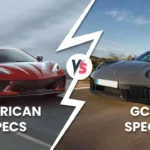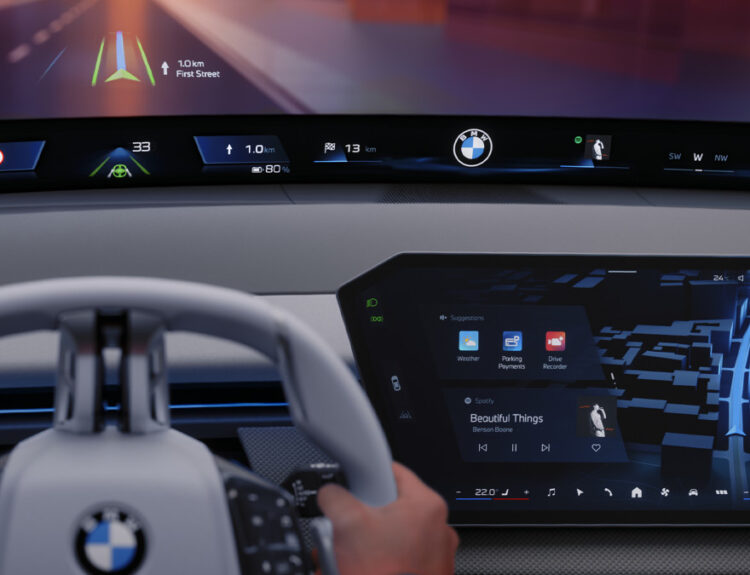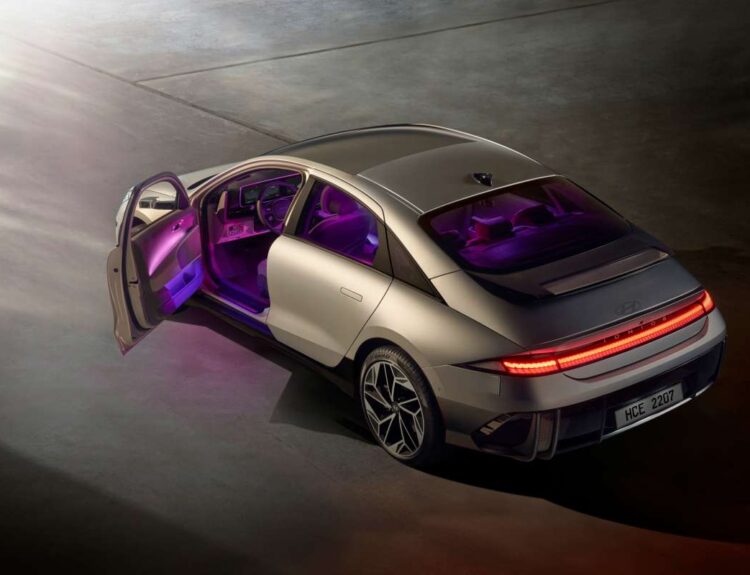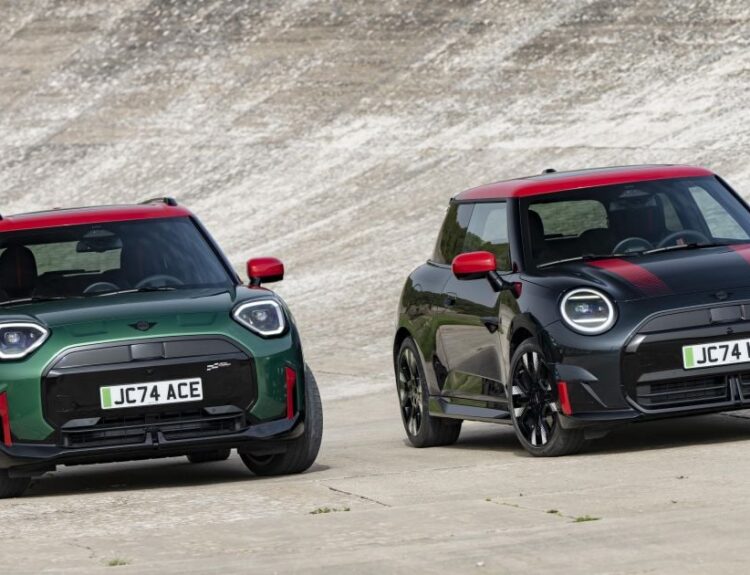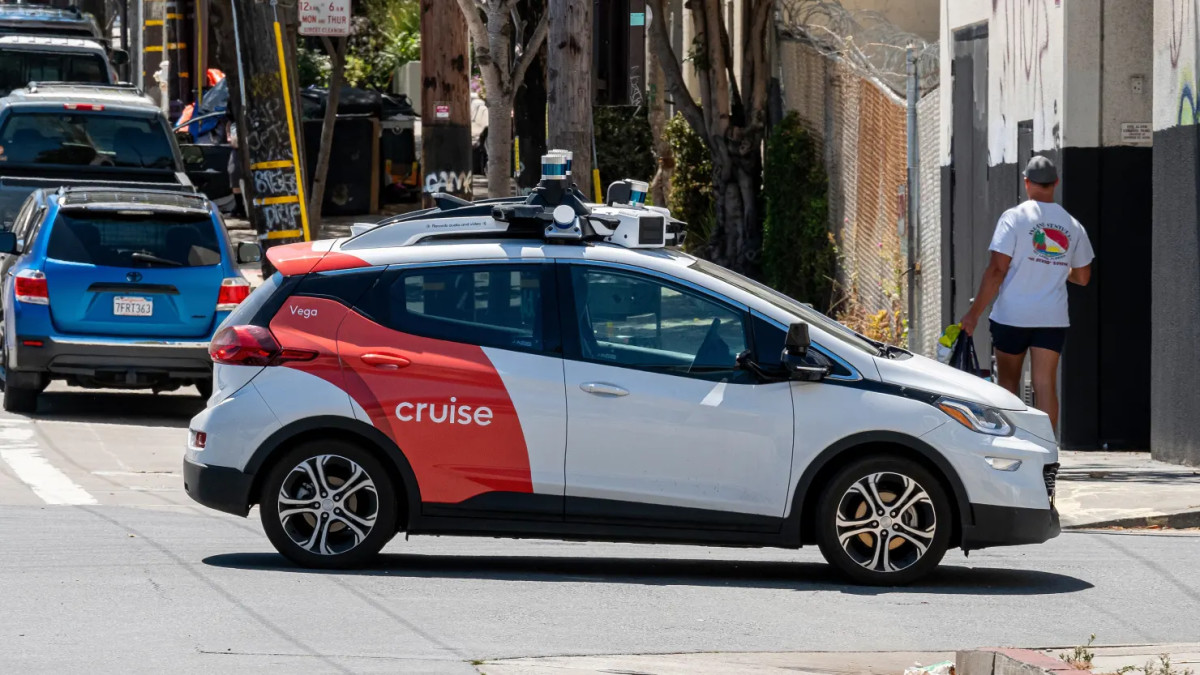
In a notable shift within the realm of autonomous transportation, General Motors has withdrawn its support for Cruise, the self-driving subsidiary it acquired in 2016. This decision paves the way for competitors like Waymo, backed by Google, and Elon Musk’s forthcoming Cybercab to vie for dominance in the rapidly evolving robotaxi industry.
Cruise Faces Significant Challenges
Recent announcements from GM reveal that the company will cease financial backing for its Cruise division, a move that comes on the heels of mounting setbacks. Since revealing its ambitious plans for Origin taxis in 2022, Cruise has struggled to meet expectations. The introduction of autonomous Chevrolet Bolts was marred by a series of unexpected rear-end collisions due to sudden braking incidents, ultimately leading to the suspension of their autonomous testing permits in 2023.
Earlier this year, GM pivoted to focus on refining the second generation of the Chevrolet Bolt. However, with the latest announcement, it seems those aspirations for enhanced autonomy will also fade away.
A Strategic Realignment Within GM
Currently holding a substantial 90% ownership of Cruise, GM plans to fully absorb the division into its broader autonomous vehicle initiative—specifically the development of its Super Cruise feature. The automaker cited that the ongoing competition in the robotaxi field was detracting from its overall operations. By restructuring its approach, GM anticipates a savings of over $1 billion in the process.
European Competitors Enter the Fray
The robotaxi landscape is not limited to American giants. In a surprising announcement this year, Rimac Motors unveiled its own foray into this growing market with the "Verne," a two-seater taxi named after the renowned French author Jules Verne. The Verne is set to leverage technology developed by Israeli firm Mobileye and aims for a debut in Zagreb, Croatia, in 2026, with further expansion plans across Europe and the Middle East—though North America remains notably absent from those ambitions.
Conclusion: A Competitive Future Ahead
The competition in the robotaxi sector is heating up, drawing parallels to the fiercely contested electric vehicle market. As numerous companies race to launch their own self-driving fleets in urban landscapes, the path to success increasingly demands significant financial resources and innovative strategies.
Will Waymo leverage its more than 15 years of experience to maintain its competitive edge? As the industry evolves, the real intrigue lies in which other players will emerge as formidable contenders in this high-stakes arena.
Related: BMW teases next-generation electrified M cars
Source:www.autoblog.com


